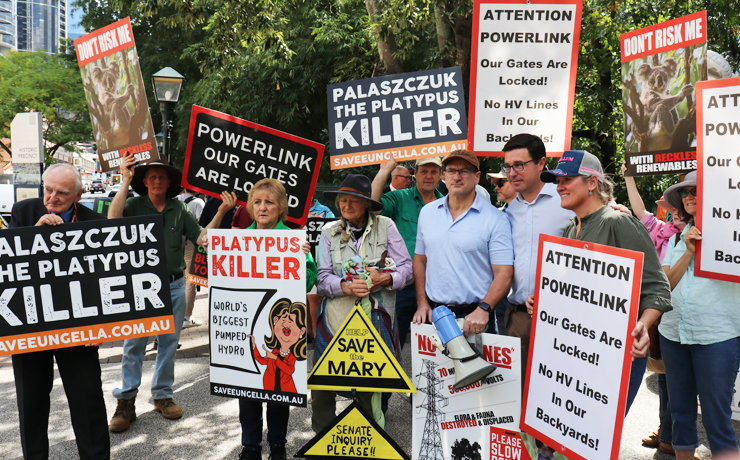
April 17, 2024
by Anne Miller
The State Government has promised a mandatory “Code of Conduct” for the renewable energy industry in a bid to quieten opposition to projects in rural and regional areas of Queensland.
A statement released on Tuesday said the aim was to “ensure renewable energy developers engage genuinely with landholders and communities when developing, building and operating new generation and storage projects”.
The government has admitted that 95 per cent of the infrastructure for renewable projects will be built in regional areas, however this will be offset by the predicted 100,000 new jobs which the government says will also be created in regional areas by 2040.
The new code will be “co-designed collaboratively with the energy, environment, and agriculture sectors” and “put social licence at the forefront of future projects”.
Energy Minister Mick de Brenni said communities would “have a genuine seat at the table when it comes to decisions in their local area”.
“Because we’re committed to ensuring the transition benefits all Queenslanders, we’re ensuring local communities reap the reward by making social licence a race to the top,” he said.
“We’ve dedicated $20 million seed funding for community legacy outcomes, and developers are encouraged to enhance the legacy outcomes from their projects.”
Permission to connect to the Powerlink transmission network seems to be the carrot being held out to encourage better behaviour from green energy companies.
“If developers want to be approved to connect to the Queensland SuperGrid, they’ll need to show that they can work in partnership with the local community,” Minister de Brenni said.
* * *

Minister De Brenni’s promise of a Code of Conduct came during the resumption of the second reading of the State Government’s Energy (Renewable Transformation and Jobs) Bill 2023 in State Parliament on Tuesday.
The Bill sets out rules surrounding Renewable Energy Zones (REZ), defines the State Government’s Renewable Energy Targets (ie. 50pc by 2030, 70pc by 2032 and 80pc by 2035), and establishes a job security guarantee for affected energy industry workers, including employees at coal-fired power stations and coal mines.
Public ownership targets will also be set: 100 per cent ownership of transmission, distribution and deep storage assets and at least 54 per cent for generation assets.
Minister de Brenni told Parliament the Code of Conduct would be included in several proposed amendments that would set out how renewable energy proponents could satisfy social licence criteria.
“This Code of Conduct will be designed in a process of partnership and collaboration with industry, peak bodies and community stakeholders to ensure it is fit for purpose and meets community expectations,” the Minister said.
The Code of Conduct follows loud protests against renewable energy projects in rural and regional areas across the State.
In the South Burnett, there has been opposition to the Borumba Dam pumped hydro project and its associated transmission lines, solar farms in Kingaroy and Taromeo, wind farm developments and a battery storage project at Ellesmere.
Earlier this year, the South Burnett Regional Council complained that companies were starting negotiations with landholders before notifying local councils about their renewable projects.
* * *
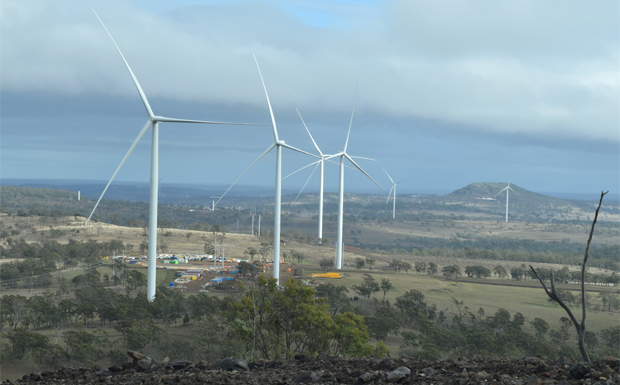
Western Downs Regional Council (WDRC), the Local Government Association of Queensland (LGAQ) and AgForce were among 48 entities which made submissions over the original draft Bill.
The WDRC’s submission described the Western Downs as the Energy Capital of Australia, noting that Council had approved 24 solar farms since 2016 – 10 of which were either operational or under construction – as well as the Coopers Gap, Dulacca and Wambo wind farms.
The region will also soon host a renewables-based hydrogen demonstration plant and has a number of Battery Energy Storage Systems installed.
However, the WDRC also acknowledged the ongoing impact on communities, workers and the environment.
“Regional communities should therefore be at the forefront of the planning process when actioning the Bill,” the WDRC submission stated.
“Due diligence should be undertaken to ensure all potential risks are mitigated in collaboration with impacted Local Governments, and plans are put into place to protect communities and regional economies.”
The LGAQ put forward 10 recommendations which covered employment targets, as well as “early and genuine consultation undertaken with councils in the development of REZs and their management plans, with the adoption of a ‘no surprises’ policy, ensuring key community consultation processes are only undertaken after initial engagement with the relevant local government”.
The LGAQ also recommended the State Government require solar farm project proponents to enter into “make-good agreements” with immediate and impacted neighbouring properties, prior to the submission of the development application to council
AgForce called for a “fair and equitable transition to renewables” that balanced the rights and needs of farmers and protected the welfare of their families and businesses.
The farming group said it was crucial to protect agricultural land during the rollout of renewable energy infrastructure, and landholders must retain the right to say “no”.
Related articles:













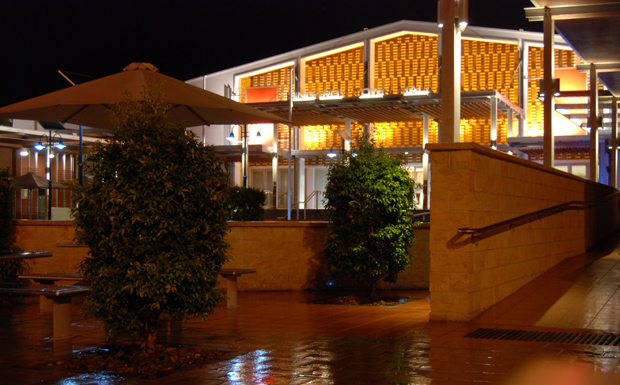
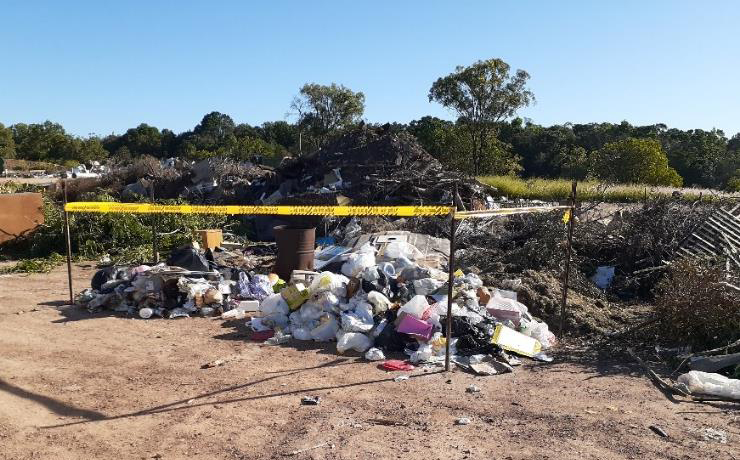
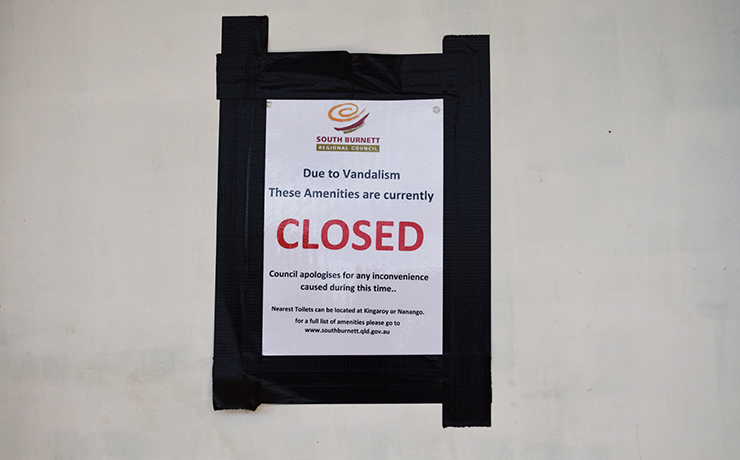
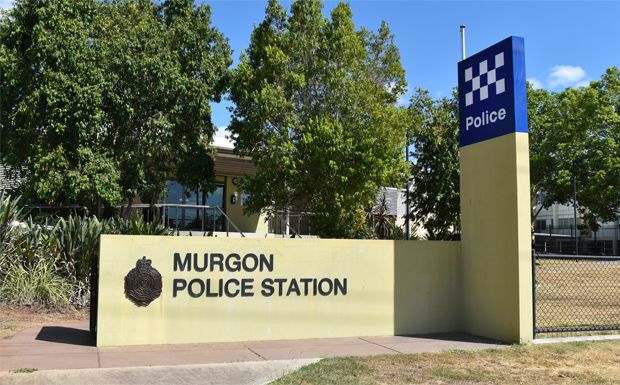

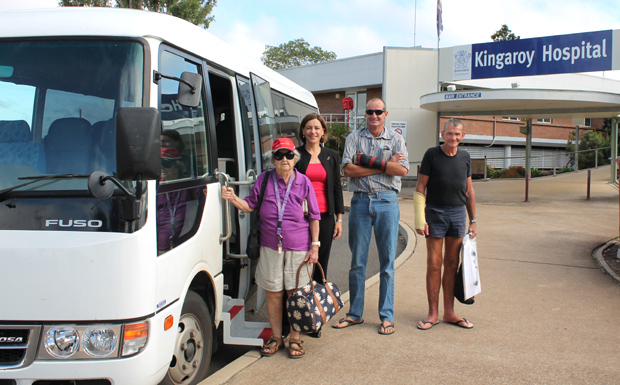


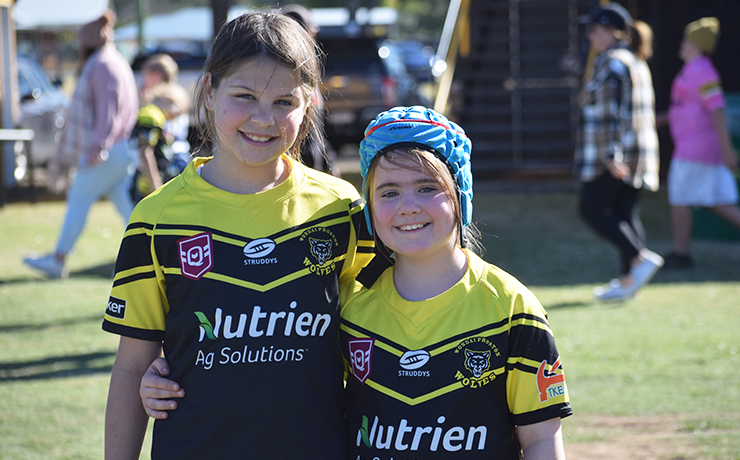


Our community does not want a BESS or windfarm at all. We see them as a huge liability for our area from an environmental point of view, from a health point of view, from an aesthetic point of view. So will this new code of co duct require them to walk away? Because no social licence will be forthcoming in our area.